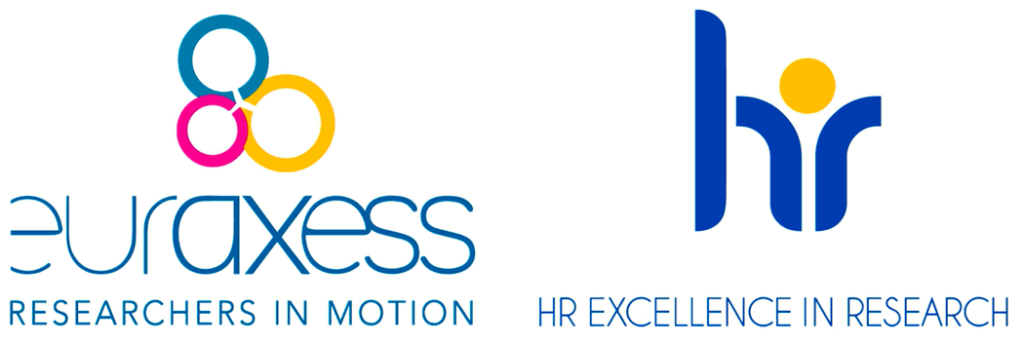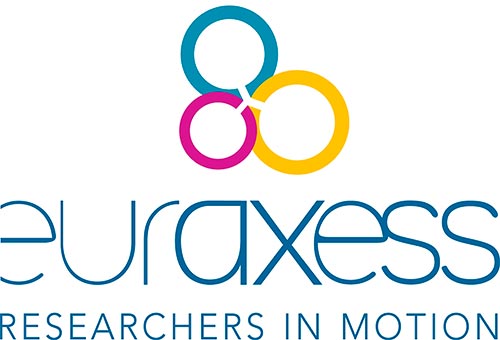EURAXESS
Researchers in Motion
The attraction of talent is a priority in the Universidad de La Laguna (ULL), as demonstrated by the number of actions the University, in collaboration with local and regional authorities, are launching during 2016 and 2017. The ULL has started a process to guarantee a supportive research environment in order to improve the attractiveness of the researcher career and increase the attractiveness of the ULL to hire talented researchers. The adoption of the European Charter for Researchers and the Code of Conduct for the Recruitment of Researchers (Charter and Code) and its implementation into ULL normative and practices is one of the key elements in this process.
The «Human Resources Strategy for Researchers Incorporating the Charter & Code» (HRS4R) is a procedure designed by the European Commission to assist research institutions in the implementation of the Charter and Code. The implementation of the Charter and Code for the Recruitment of Researchers supports the career development of researchers.
The Universidad de La Laguna is committed to the open and transparent recruitment of academic researchers since it promotes and improves the quality of the academic work force. Open and transparent recruitment and selection processes promote employment opportunities for researchers (particularly young ones) and mobility both within the university (internal mobility) and between universities (external mobility).

